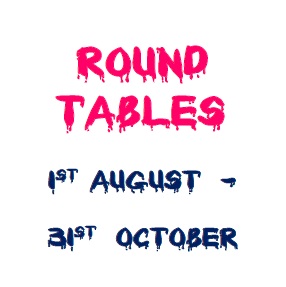In 2017 MIJARC Europe has redefined its vision, adopting new strategic objectives and an action plan for the period 2018-2021. With the new strategy, three new thematic focus points were set and in 2018, MIJARC Europe chose to focus on promoting its European vision in an interconnected world in an attempt to answer the challenge of building a peaceful world. Peace is indeed the annual topic chosen by our member organisations (MOs) and in line with our strategic focus, the topic will be pursued with a view to: promote cooperation with our neighbours and to promote and build a peaceful vision towards the others and the world.
On 11th November 2018 the world will celebrate 100 years since the end of the First World War (WW1). As the first major global conflict, the WW1 saw unprecedented levels of carnage and destruction but also massive social upheaval for women who entered the workforce. The young people in MIJARC Europe what to mark this historical landmark by focusing on peace and using the memory of the war as a warning signal that we should never take peace, stability and security for granted and always work to promote and maintain them. Also, we should not forget that our continent and our world are still affected by conflict or continue to bear the consequences of past hostilities. Peace is far from being reached in many parts of the world and young people are one of the main actors that can rebuild their societies, maintain peace and promote it so that present and future generations do not have to bear the consequences of conflicts.
This is why in 2018 we will work together towards making young people in MIJARC Europe’s network and beyond aware of the important and positive role they play in the maintenance and promotion of international peace and security. Our annual work plan includes one local activity, two international activities backed by follow-up measures and a peace festival hosted by our member movements MRJC-France and KLJB-Germany. The activities work towards one common concrete output – an educational travelling photo exhibition and a booklet with activities.
Our first activity will be a local activity. Under the title – “Peace and conflict” – this local activity invites volunteers from all our MOs to do a research about the situation of migrants and refugees in their countries, write one article about it and make efforts to meet at least two migrants or refugees and find their personal story. With the agreement of the people and following all legal prescriptions they will take a portrait of them and caption it with that person’s personal story of conflict. These portraits will be included in a photo exhibition that will become an educational travelling exhibition in the end.
Our first international activity will be a youth peace camp – “We are the others”. The camp will focus on participants’ personal relation to peace and conflict and on equipping them with intercultural competencies. The conclusions of their discussions and work will materialize in a second section of the exhibition – portraits and stories of conflict – and a booklet with educational activities that can be done around the exhibition.
The call for participants has already been launched. You can find it here. The deadline to apply is 20th May 2018. So, if you are interested to join our youth peace camp, download and send the registration form before the deadline.
The international peace festival “Rendez-vous” will the perfect place for young people to meet and attend workshops, open sessions and moderated discussions on peace and conflict. The event will gather about 5,000 people from all over Europe and people from other continents and it will truly be a festival of friendship and openness.
Our last international activity of the year will be a simulation – “Messages from the future”. An unconventional activity that will make the participants travel through time and join a youth meeting which takes place in 2068.

During the meeting they will have to look at what went wrong in the past and why global peace is still not achieved. They will transform their ideas into meaningful messages and photos creating the third section of the exhibition. The activity will be hosted by APSD-Agenda 21 in Buzau-Romania and it will be co-financed by the ERASMUS+ Programme of the European Union.
As a follow-up measure, the exhibition will travel in 10 different countries with the help of the pax at the two international activities.
Did we manage to make you curios and interested in joining us?
If so, contact your national organization or write to our Secretariat to find out how to join our activities!
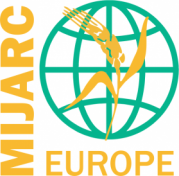
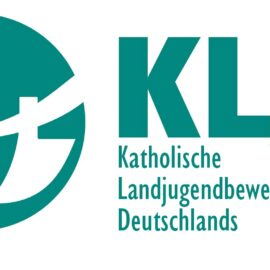
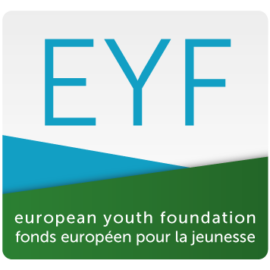
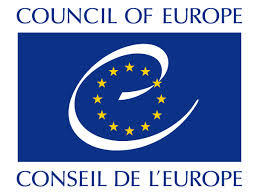
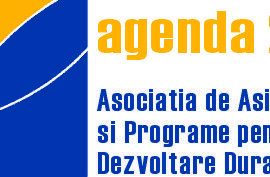
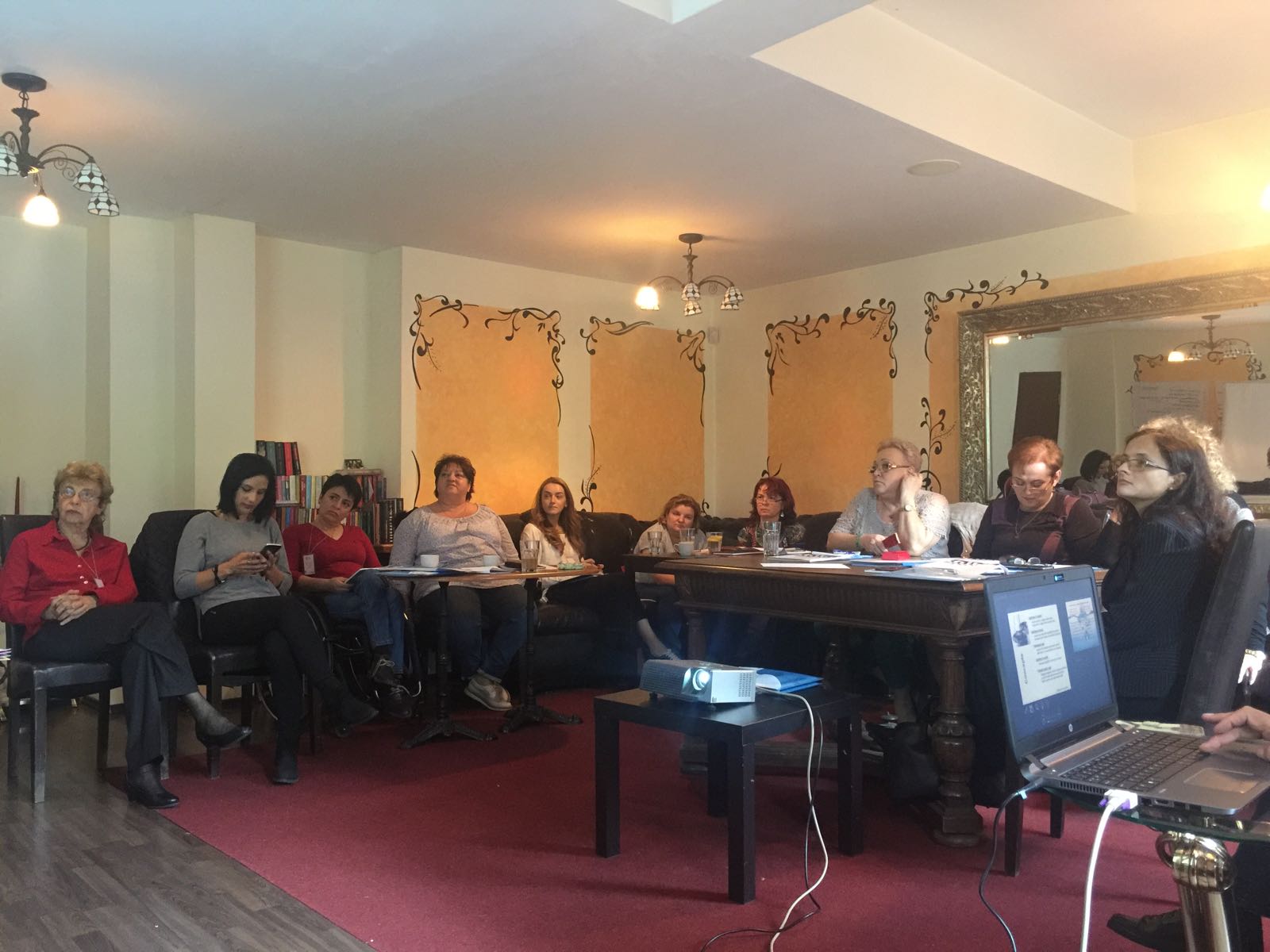 One of the main conclusions of the meeting was the importance of education, in formal and non-formal contexts, for both victims and authors of extremist acts. The representatives of the school inspectorates who were present at the meetings suggested that the topic could be approached by the Master teachers during the counselling classes. Another conclusion was that it would be very important if there were funds dedicated to organizing proper information/awareness-raising sessions or workshops/seminars with students of all ages.
One of the main conclusions of the meeting was the importance of education, in formal and non-formal contexts, for both victims and authors of extremist acts. The representatives of the school inspectorates who were present at the meetings suggested that the topic could be approached by the Master teachers during the counselling classes. Another conclusion was that it would be very important if there were funds dedicated to organizing proper information/awareness-raising sessions or workshops/seminars with students of all ages.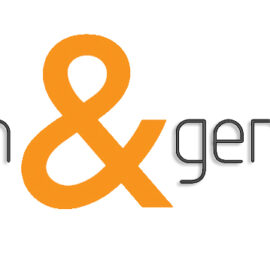
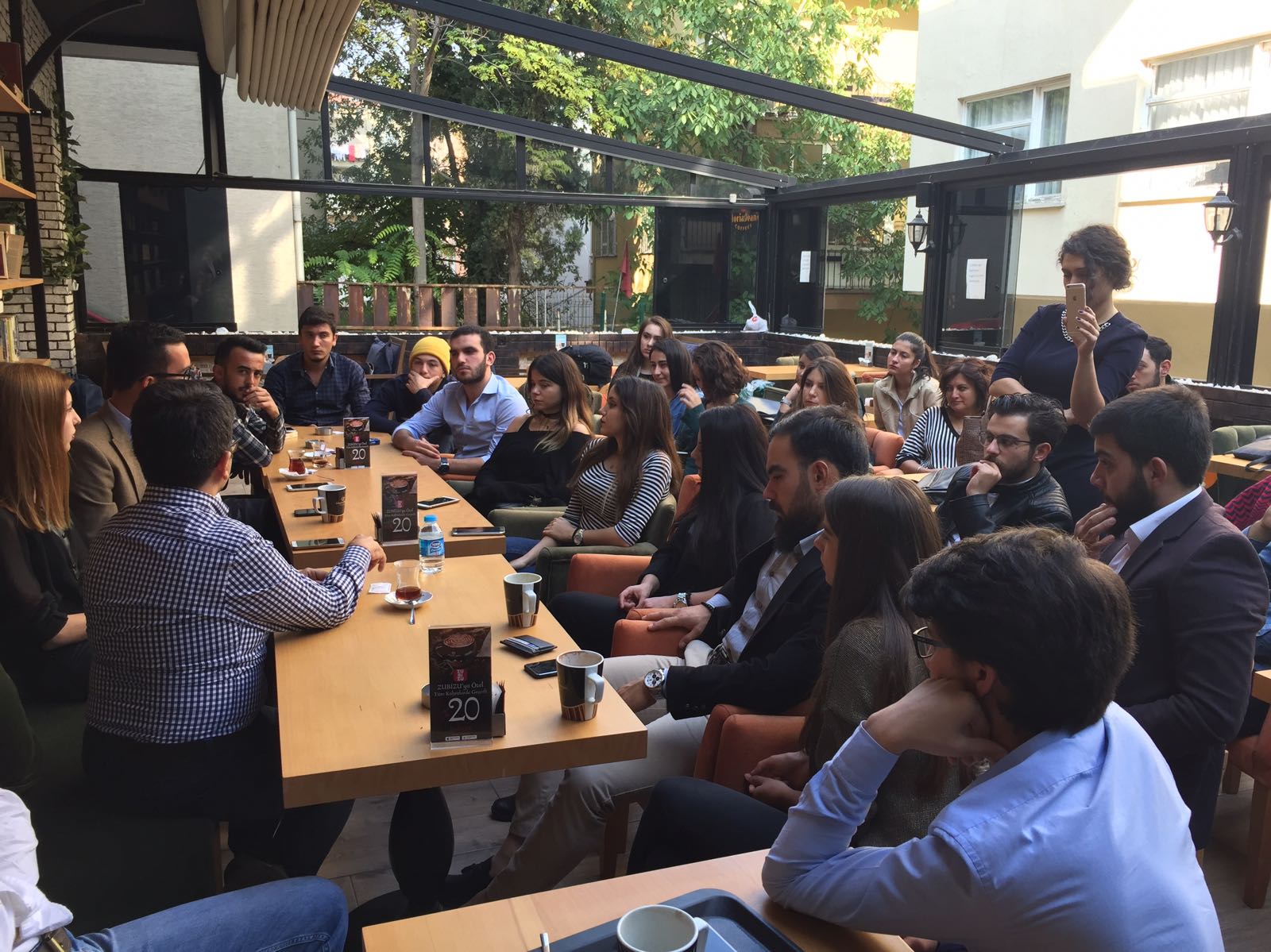 The round tables started with a presentation of MIJARC Europe and the projects it had developed with S&G and it continued with a session in which those attended had the chance to reflect on their own knowledge, attitude and general feelings towards extremism and radicalization. Next, the attendees were involved in a discussion with a professor for Gazi University, trying to find an answer to the question “What can be done in order to prevent or reduce the frequency of these acts?”. The SWOT analysis method was used for the suggested solutions. The entire event enabled the participants to enrich their knowledge on the topic of extremism and to use it in order to bring about a change in attitude in their communities.
The round tables started with a presentation of MIJARC Europe and the projects it had developed with S&G and it continued with a session in which those attended had the chance to reflect on their own knowledge, attitude and general feelings towards extremism and radicalization. Next, the attendees were involved in a discussion with a professor for Gazi University, trying to find an answer to the question “What can be done in order to prevent or reduce the frequency of these acts?”. The SWOT analysis method was used for the suggested solutions. The entire event enabled the participants to enrich their knowledge on the topic of extremism and to use it in order to bring about a change in attitude in their communities.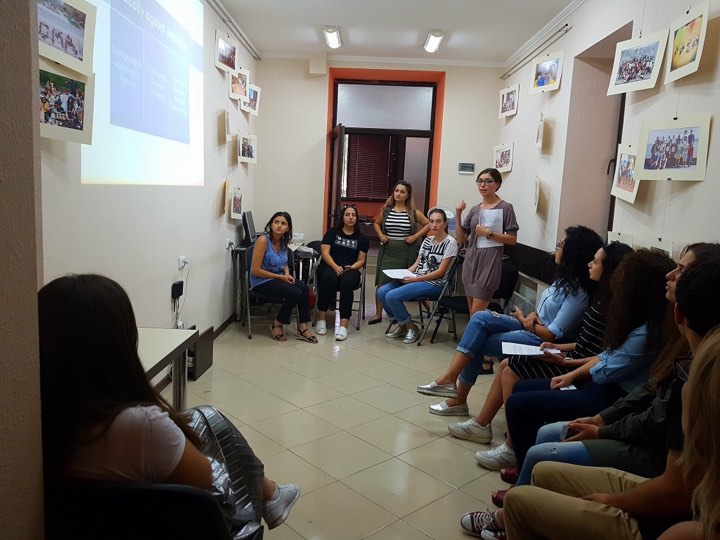 There were
There were 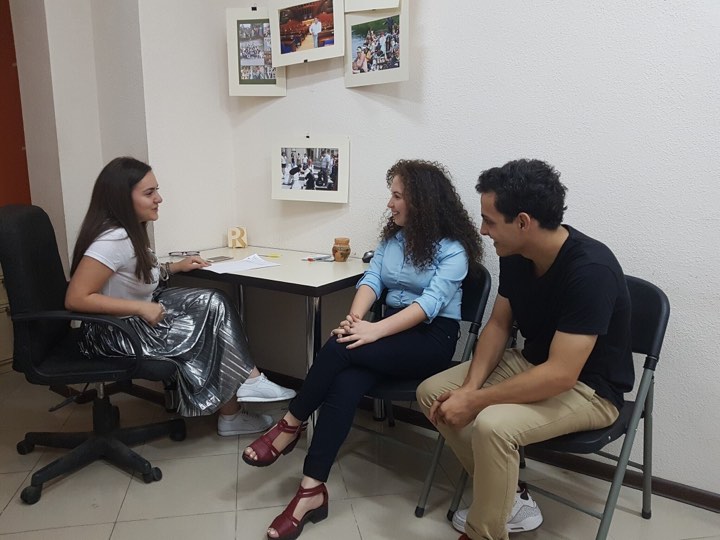
 In 2017 MIJARC Europe is running an annual Work Plan on the topics of radicalisation and extremism. The main aim of the work plan is to reach out to young women and men living in rural areas in Europe and support them in resisting and countering radicalisation and violent extremism.
In 2017 MIJARC Europe is running an annual Work Plan on the topics of radicalisation and extremism. The main aim of the work plan is to reach out to young women and men living in rural areas in Europe and support them in resisting and countering radicalisation and violent extremism.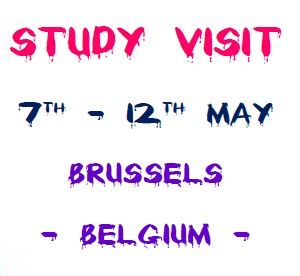 1.
1. 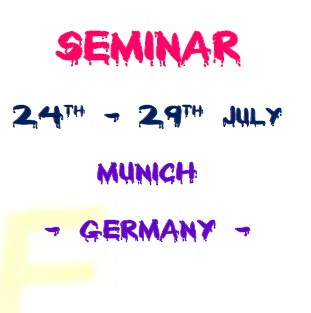 2. “Open Minds, Open Doors”
2. “Open Minds, Open Doors”